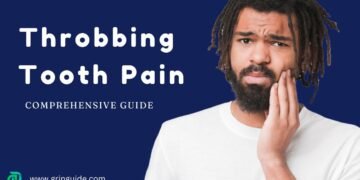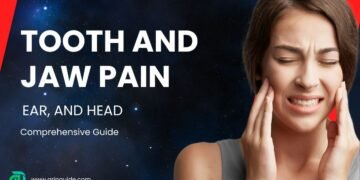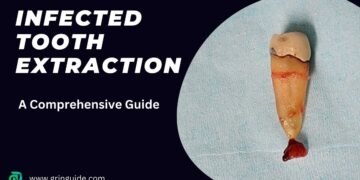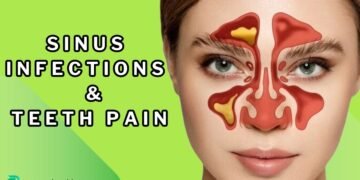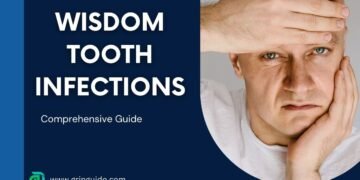Table of Contents
When it comes to choosing the best toothpaste, it ultimately depends on your specific needs and preferences. There are numerous toothpaste brands available in the market, each offering different features and benefits. Some popular toothpaste brands include Colgate, Crest, Sensodyne, and Tom’s of Maine, among others.
Which Toothpaste is Best for Teeth Problems?
The best toothpaste for teeth problems depends on the specific issue you are facing. Here are some toothpaste options for common teeth problems:
- Sensitivity: If you have sensitive teeth, look for toothpaste specifically formulated for sensitive teeth, such as Sensodyne or Colgate Sensitive. These toothpastes help to reduce sensitivity and provide relief.
- Gum problems: For gum problems like gingivitis, consider using toothpaste that is designed to target gum health, such as Parodontax or Crest Gum Detoxify.
- Whitening: If you are looking to whiten your teeth, there are toothpaste options available that can help remove surface stains and brighten your smile. Some popular whitening toothpaste brands include Crest 3D White, Colgate Optic White, and Arm & Hammer Advance White.
- Cavities: To prevent cavities, opt for toothpaste that contains fluoride, as fluoride helps to strengthen tooth enamel and protect against decay. Most toothpaste brands have fluoride variants.
What are the Top 3 Whitening Toothpastes?
There are several whitening toothpaste options available in the market, each offering different features and benefits. Here are three popular whitening toothpastes:
- Crest 3D White: Crest 3D White is a popular choice for teeth whitening. It contains enamel-safe ingredients that help to remove surface stains and provide a brighter smile.
- Colgate Optic White: Colgate Optic White is another well-known brand for teeth whitening. It uses hydrogen peroxide as its whitening agent and claims to provide noticeable results within a few days of use.
- Arm & Hammer Advance White: Arm & Hammer Advance White toothpaste contains baking soda, which is known for its stain-removing properties. It helps to remove surface stains and whiten the teeth.
It is important to note that individual results may vary, and it is advisable to consult with a dentist for personalized recommendations based on your specific needs.
What is the Main Use of Toothpaste?
The main use of toothpaste is to promote oral hygiene and maintain the health of your teeth and gums. Toothpaste helps to remove plaque and food particles from the teeth, freshens breath, and prevents tooth decay and gum diseases such as gingivitis. Additionally, toothpaste often contains fluoride, which strengthens tooth enamel and helps to prevent cavities.
Why is Toothpaste Good for Us?
Toothpaste is good for us because it provides several oral health benefits. Here are some reasons why toothpaste is beneficial:
- Plaque removal: Toothpaste contains mild abrasives that help to remove plaque, a sticky film of bacteria that forms on the teeth.
- Cavity prevention: Most toothpaste contains fluoride, which helps to strengthen tooth enamel and protect against cavities.
- Gum disease prevention: Regular brushing with toothpaste helps to remove bacteria that can cause gum diseases like gingivitis.
- Fresh breath: Toothpaste often contains ingredients like mint or other flavors that leave your mouth feeling fresh and clean.
Is Toothpaste Good or Bad for Your Teeth?
Toothpaste is generally good for your teeth when used correctly. It helps to remove plaque, prevent cavities, and maintain oral hygiene. However, it is important to use toothpaste in moderation and follow proper brushing techniques.
Using too much toothpaste or brushing too vigorously can potentially damage tooth enamel or irritate the gums. It is recommended to use a pea-sized amount of toothpaste and brush gently in circular motions for about two minutes.
Additionally, some toothpaste may contain ingredients that can cause irritation or allergic reactions in some individuals. If you experience any discomfort or adverse reactions after using toothpaste, it is advisable to consult a dentist.
Which Toothpaste is Best for Yellow Teeth?
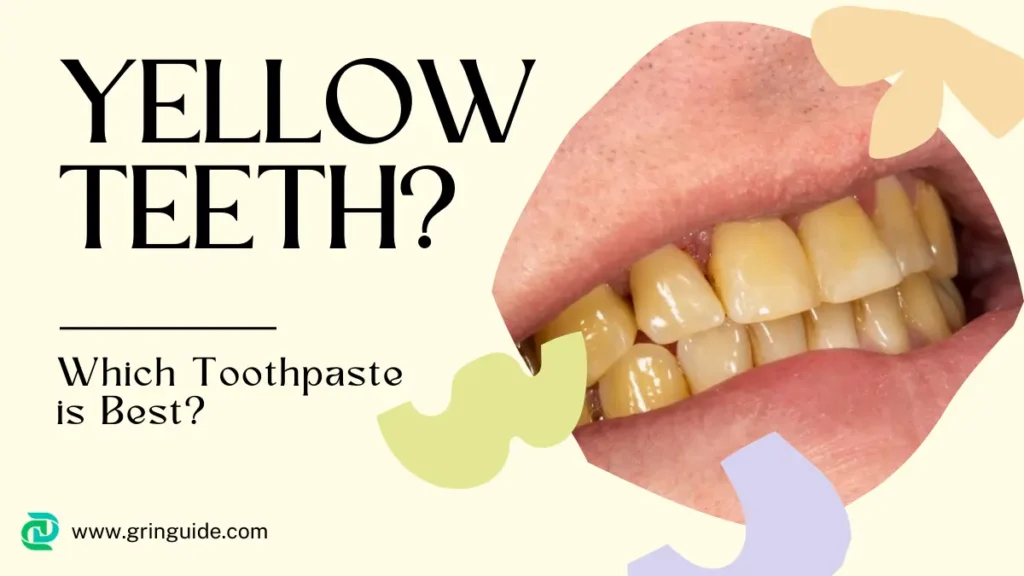
While toothpaste alone may not be able to completely reverse yellowing of teeth, there are toothpaste options available that can help reduce surface stains and improve the appearance of yellow teeth. Here are some toothpaste options that are often recommended for yellow teeth:
- Whitening toothpaste: Look for toothpaste specifically formulated for whitening, such as Crest 3D White or Colgate Optic White. These toothpastes contain ingredients that help to remove surface stains and brighten the teeth.
- Baking soda toothpaste: Toothpaste with baking soda as an ingredient can also help to gently remove surface stains and whiten the teeth. Arm & Hammer Advance White is a popular baking soda toothpaste option.
- Charcoal toothpaste: Charcoal toothpaste has gained popularity for its potential teeth whitening effects. It helps to remove surface stains and absorb impurities. However, it is important to note that charcoal toothpaste may be abrasive and should be used with caution.
What Kills Yellow Teeth?
To effectively address yellow teeth, it is important to understand the underlying causes. Yellowing of teeth can be caused by various factors, including:
- Stains: Surface stains from foods, beverages, and tobacco can contribute to yellow teeth. Regular brushing and avoiding staining substances can help prevent further discoloration.
- Poor oral hygiene: Inadequate brushing and flossing can lead to the buildup of plaque and tartar, which can cause teeth to appear yellow.
- Aging: As we age, the enamel on our teeth naturally wears down, revealing the yellowish dentin underneath.
- Genetics: Some individuals may have naturally yellower teeth due to their genetic makeup.
To address yellow teeth, it is recommended to maintain good oral hygiene practices, including regular brushing and flossing, avoiding staining substances, and visiting a dentist for professional cleaning and advice.
Can Yellow Teeth Turn White Again?
Whether yellow teeth can turn white again depends on the underlying cause and the extent of discoloration. In some cases, yellow teeth can be effectively treated and their appearance improved. However, it is important to manage expectations as complete whitening may not always be possible.
Professional teeth whitening treatments performed by a dentist can help to significantly lighten the shade of yellow teeth. These treatments often involve the use of bleaching agents that penetrate the enamel and target deep stains.
Over-the-counter whitening products, such as whitening toothpaste or whitening strips, may also help to reduce surface stains and improve the appearance of yellow teeth to some extent. However, these products may not provide the same level of effectiveness as professional treatments.
It is important to consult with a dentist to determine the best course of action for addressing yellow teeth and to understand the potential results that can be achieved.
Summary
Remember, the best toothpaste is one that effectively cleans your teeth, leaves your mouth feeling fresh, and meets your specific needs. Regular brushing, along with professional checkups, ensures optimal oral health.
FAQs
-
What is the best toothpaste?
The best toothpaste depends on your specific needs. Consider factors like cavity prevention, sensitivity relief, and flavor preference.
-
What is the best whitening toothpaste?
Whitening toothpaste can help remove stains. However, be cautious of high abrasiveness (measured by the Relative Dentin Abrasion (RDA) value) that may lead to enamel erosion.
-
What is the best toothpaste for sensitive teeth?
If you have sensitive teeth, opt for a toothpaste specifically labeled for sensitivity.
-
Does toothpaste expire?
Yes, toothpaste has an expiration date. While it remains safe to use after the date, its effectiveness may decrease over time.
-
Should I use charcoal toothpaste?
Charcoal toothpaste is trendy but lacks strong evidence. It may remove surface stains, but its long-term effects are uncertain.
-
What fluoride-free toothpaste is recommended?
If you prefer fluoride-free options, consider natural toothpaste formulations.
